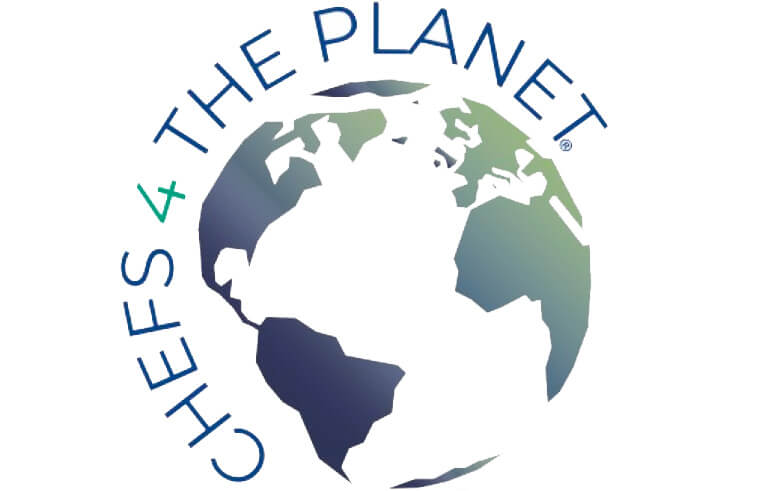Current and planned waste-cutting efforts will reduce volume only by about 7%, say researchers.
Plastic waste flowing into the oceans is expected to nearly triple in volume in the next 20 years, while efforts to stem the tide have so far made barely a dent in the tsunami of waste, research shows.
Governments could make drastic cuts to the flow of plastic reaching the oceans through measures such as restricting the sale and use of plastic materials, and mandating alternatives, but even if all the most likely measures are taken it would only cut the waste to little less than half of today’s levels, the analysis found.
Previous estimates put the amount of plastic reaching the oceans each year at about 8m tonnes, but the true figure is much higher at about 11m tonnes, according to the paper published in the journal Science.
If current trends continue, the amount of plastic waste polluting the oceans will grow to 29m tonnes a year by 2040, the equivalent of 50kg for every metre of coastline in the world.
All the efforts made and announced so far to cut plastic waste, by governments and companies, will reduce that projected volume by only about 7% by 2040.
The findings, in one of the most in-depth assessments to date of the plastic waste problem, reveal the devastating the impact of our reliance on plastic, especially single-use and film plastics used for packaging. Stemming the flow is crucial because once plastic is in the ocean, most of it stays there forever, breaking down into microplastics that cause other problems, and efforts to clean waste from the oceans have so far had little impact.
More stringent measures would produce a drastic reduction in waste, according to the researchers. These include improving waste collection, particularly in the developing world, and recycling more waste, as well as investing in alternative materials and better product design to reduce the amount of plastic used.
Such measures would require an investment of about $150bn globally in the next five years, but would yield $70bn in savings compared with the $670bn cost to governments of inefficient waste management between now and 2040, while cutting the greenhouse gas emissions associated with plastic by about a quarter, and creating as many as 700,000 jobs.
Read the full article: https://www.theguardian.com/environment/2020/jul/23/plastic-waste-entering-oceans-triple-20-years-research


